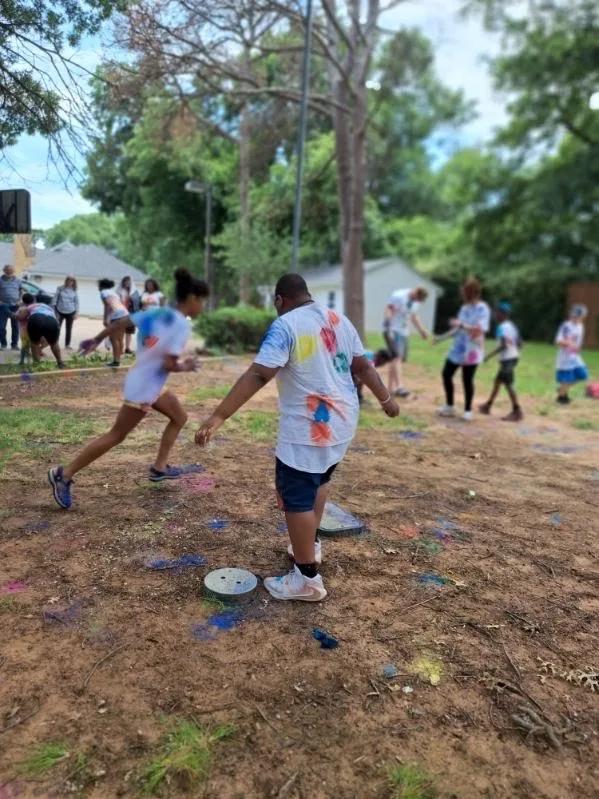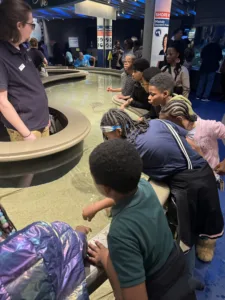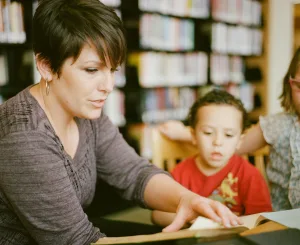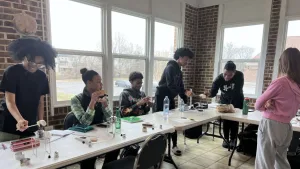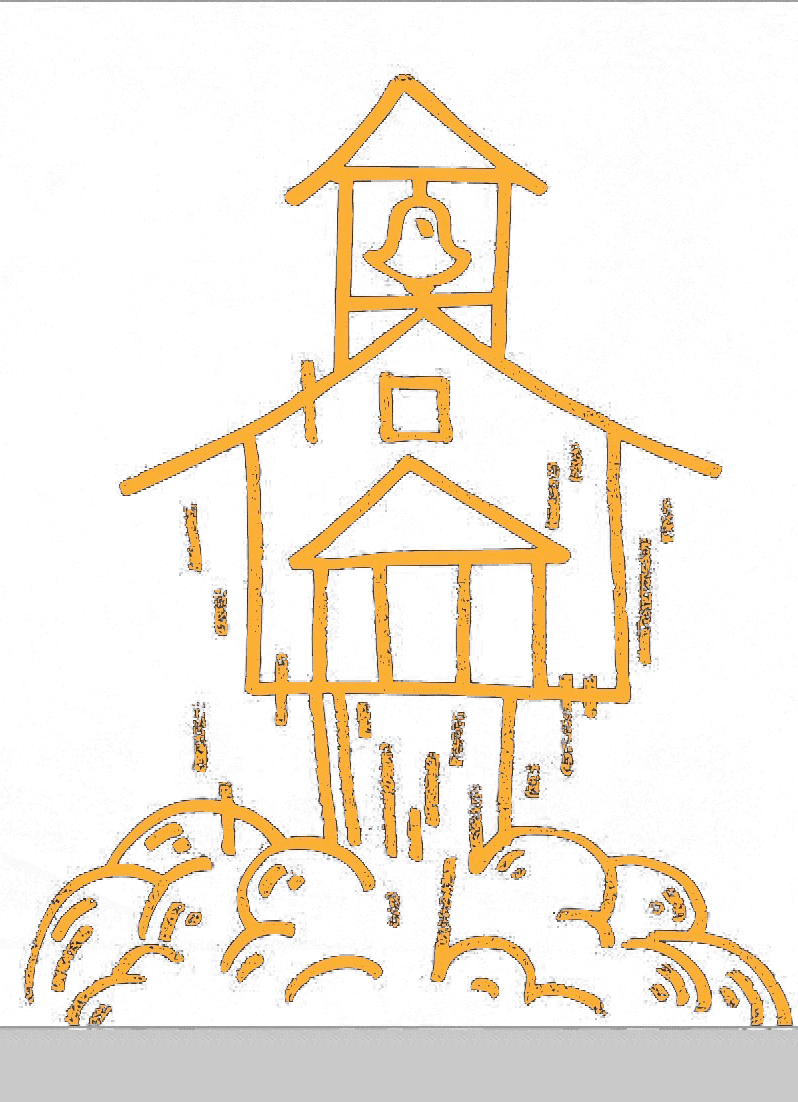A dear friend and colleague, Amber Okolo-Ebube, recently wrote a powerful op-ed in the Dallas Morning News advocating for education savings accounts (ESAs) in the State of Texas. As the founder and director of Leading Little Arrows microschool in the Fort Worth area, Amber has witnessed firsthand the agonizing sacrifices of families struggling to meet the educational needs of their children.
Shortly after the release of her article, the Texas legislature approved the creation of ESAs, providing $10,000 for qualifying students attending private schools, up to $30,000 for special education private schools, and $2,000 for homeschooled students. For those critical of school-choice policies, one need only listen to Amber to understand that this legislation represents a much-needed lifeline for struggling families.
In a recent interview with me regarding the Texas ESA program, Amber had this to say: “We have a responsibility—not just as school leaders—but as advocates for the families we serve. Over 100,000 Texas children stand to benefit from the rollout of ESAs. Some may say that’s ‘not enough,’ but tell that to the child who finally has a chance to thrive. Tell that to the parent who can finally breathe, knowing their child is seen, safe, and supported. It may not be every student—yet—but for the 100,000 lives that will be changed, it’s everything.”
Texas recently became the 16th state to introduce a universal school-choice policy, enabling K-12 students to be eligible for a portion of education-allocated funding to follow them to their preferred learning environment. For states without such legislation (i.e., ESAs, tax credits, tax-credit scholarships, etc.), recent victories in other states can serve as a springboard for activity to promote similarly meaningful measures for families everywhere. In other words, it’s time to engage! The reality is that the stories Amber shared in her editorial are not unique to Texas. They can be found in every state. Families for whom the traditional education system has not worked are finding creative ways to educate their children through a myriad of unconventional settings, including microschools, learning pods, and homeschool co-ops.
Homeschoolers now represent nearly 6% of the nation’s student population, roughly on par with charter school students, with black and brown communities experiencing some of the highest increases in homeschooling rates. Communities such as eXtend, the K-12 homeschooling program I lead in Maryland, reflect this growing trend. We have also seen a rise in single-parent households, where the existence of ESAs for homeschoolers would bring much-needed financial relief.
If you live in a state with limited educational choice, get connected to a local advocacy group through organizations such as 50CAN, EdChoice, the American Federation for Children, and the National School Choice Awareness Foundation. Ask how you can become involved in advancing educational freedom and opportunity in your area.
Finally, if you are among the many education entrepreneurs who are either in the process of creating or actively running unconventional learning spaces, or contributing in any way to the innovative education ecosystem, I encourage you to join other edupreneurs through organizations such as VELA, “the nation’s leading network of educational entrepreneurs providing alternatives to traditional schooling.” There you’ll find a wealth of resources, including community knowledge forums, educational toolkits, startup and expansion grants, practical assistance through affiliate organizations, as well as a supportive community of edupreneurs to encourage, equip, and collaborate with you in your mission to serve families.
With 21 years and counting in the homeschooling space, I can assure you that there’s never been a better time to engage, support, and contribute to the formation of educational options for families who are looking outside of the traditional setting. The need is great, and there simply aren’t enough affordable programs to meet the demand.
Amber at Leading Little Arrows agrees. “Every child represents a story, a future, and a fight worth having,” she told me. “Opening your doors to school choice could be the difference between a student ending up in a corner office—or the corner of a jail cell. And for the first time, homeschooling and personalized education are becoming real options for a beautifully diverse group of families. Change can be uncomfortable. It can even be scary. But it’s also the signal that something powerful—something necessary—is happening. We don’t get many moments like this. Let’s not miss it. Let’s get back to our why: serving kids and opening the doors to a future they deserve.”
This call is not just for Texans—it’s for all of us who want to see education shift to meet the individual needs of children everywhere, so they can truly thrive.
